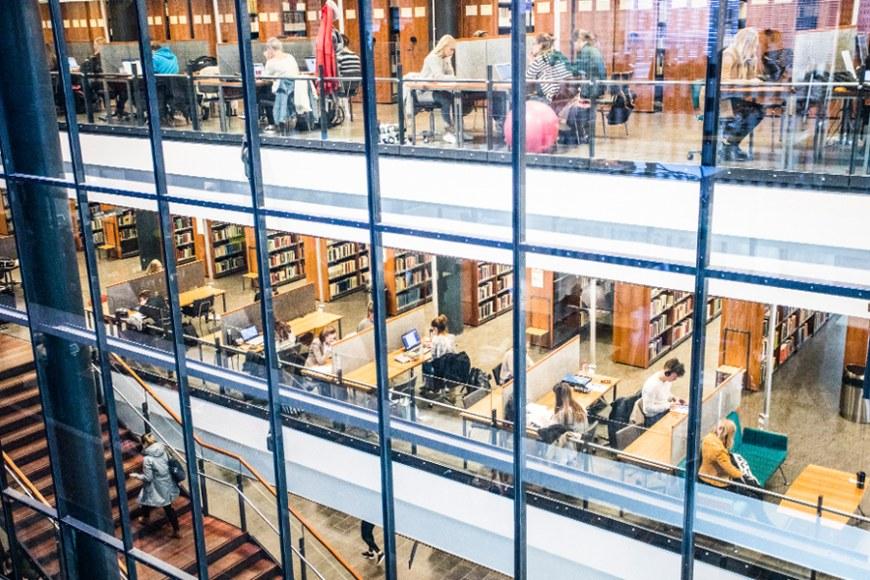Survey: What kind of place is the home for all kinds of work?

To respond to these questions, the Sustainable Housing Design research group ASUTUT, led by professor Sofie Pelsmakers, at Tampere University in collaboration with the Urban Physics research group, led by associate professor Jonathon Taylor, are conducting a survey and looking for research participants to be interviewed.
The purpose of the survey is to obtain a broader understanding of the reasons people decide to work at home, the types of work happening there, and the spatial needs of people working in their homes in Finland. Anyone over 15 years old living in Finland can respond to this survey, regardless of life situation, employment status, nationality, etc. The survey is anonymous and confidential and can be undertaken in Finnish and English. The survey is open until 18.8.2024 and can be answered here: https://mpt.link/twinningspaces2035
Separately from this, interviews are being conducted and the interviews will provide in-depth understanding of the home as a space of work. For this part of the study, participants are invited to a face-to-face interview in their workspace at home. During the interview, participants will have the opportunity to tell and show us about their everyday experiences and challenges of working at home. The interview takes approximately two hours and can be conducted in English or Finnish.
The research will help the ASUTUT research group to better understand the social and spatial implications of working at home and reimagine future sustainable spatial approaches and design concepts to accommodate work done at home. These approaches and design concepts will recognize and respond to multiple social, environmental, and climatic crises and challenges that affect working futures for a diversity of people.
The Urban Physics research group will delve into energy, environment, and health implications of remote working by reviewing and examining how things may change under different scenarios, and further how these might affect health and greenhouse emissions. The Urban Physics research group will use the survey results to estimate the energy and environmental implications of remote working by calculating carbon emissions under different scenarios, as well as studying the implications for physical activity and health.
These studies are conducted as part of the research project titled T-winning Spaces 2035 funded by the Research Council of Finland and European Union – NextGenerationEU instrument. The research is done in collaboration with Aalto University, Tampere University and the University of Turku. The main aim of the research is to increase the understanding of the sustainability challenges of future digital and remote working and how those could be tackled with optimal spatial solutions and practices for households and employers.
Further information
Survey:
Jaana Vanhatalo, Researcher
jaana.vanhatalo [at] tuni.fi
Interviews, inquiries:
Dalia Milián Bernal, Project Manager
dalia.milianbernal [at] tuni.fi





